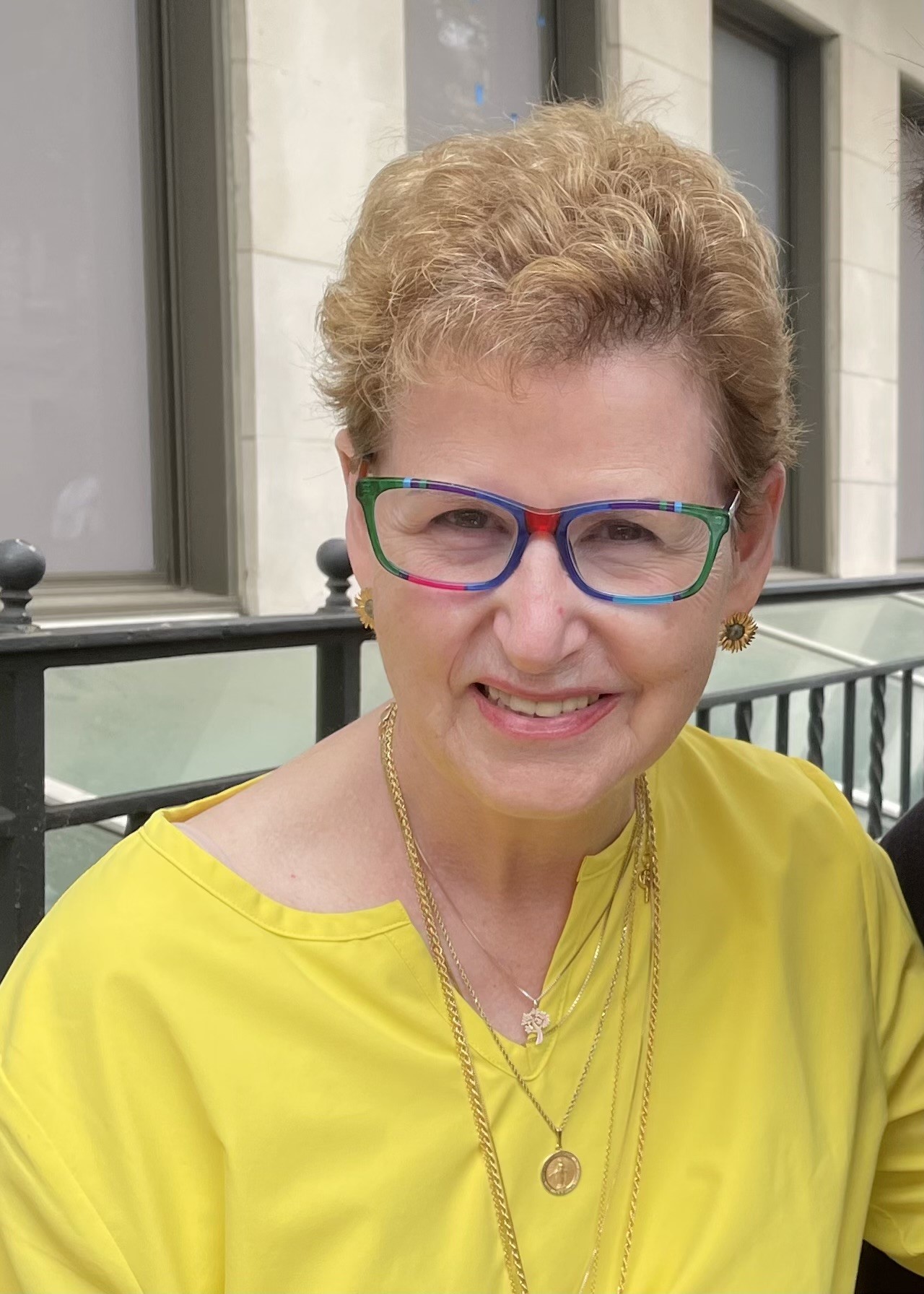Our women health care providers hold a special place in Summit Health patient Diana’s heart. These women provided care and support at two difficult moments in her family’s lives.
One was decades ago when her daughter battled and survived a rare cancer at a young age. The other was Diana’s own battle — a breast cancer diagnosis at age 75.
Today, Diana hopes her story and breast health advocacy empower other women. “If this helps one woman get the screening or treatment she needs, I’ll be happy,” she says.
A “lucky look in the mirror” leads to a diagnosis
In October 2022, the night before a dermatology appointment at Summit Health’s Florham Park practice, something caught Diana’s eye when she looked in the mirror. Her left breast looked smaller than the right and appeared indented. She also felt a lump.
“I was two weeks away from my next mammogram,” she recalls. “I didn’t want to wait for that — I needed to get on this fast.”
Diana asked her dermatologist the next day about seeing a breast health specialist. Her dermatologist recommended Summit Health Breast Care Center two floors below, where a breast cancer awareness event happened to be underway.
At the event, Diana approached Carol Boyer, APN, the Breast Care Center’s Oncology Program Director. “I asked some questions to understand her concerns and comfortably connect her with the help she needed,” Carol recalls. She introduced Diana to a patient service representative, who booked her an appointment for the following week.
That appointment was with Sarah Fuzesi, MD, a breast surgeon at Summit Health. Dr. Fuzesi evaluated Diana and performed an ultrasound, a test that uses sound waves to create images of the breast. The ultrasound revealed an area of concern that Dr. Fuzesi decided to biopsy that same day, taking a small sample of breast tissue for further testing.
Shortly after, Dr. Fuzesi called Diana to confirm her breast cancer diagnosis.
Navigating treatment with a team
Diana had invasive ductal carcinoma (IDC), the most common type of breast cancer. According to the American Cancer Society, about 80% of all breast cancers are IDC. The cancer starts in the lining of the breast’s milk ducts and spreads to nearby tissue. It can eventually spread through the lymph nodes and bloodstream to other parts of the body.
Fortunately, Diana’s cancer was low-grade, or cancer that’s slower-growing and less likely to spread. “Hearing I had breast cancer wasn’t easy at all, but it was good we caught it,” she says.
Diana decided to undergo a lumpectomy, a type of breast cancer surgery that removes the tumor and a small amount of surrounding tissue. During the procedure, Dr. Fuzesi would also perform a sentinel node biopsy. This test looks for cancer cells in the sentinel node, the first lymph node where cancer might spread.
While discussing her upcoming surgery with Dr. Fuzesi, Diana met Karen Loewen, RN, her nurse navigator. Summit Health breast cancer patients can access navigation services for education and support throughout their care journey.
“You get everything you need from diagnosis on,” says Diana. “Karen was so patient — I could never have too many questions and never felt rushed.”
Diana had her lumpectomy in November 2022 and went home the same day. She returned to Summit Health for radiation therapy, which often follows lumpectomy surgery to reduce the chances of breast cancer returning.
Working with radiation oncologist Molly Gabel, MD, and her team, Diana received accelerated partial breast irradiation (APBI). This type of radiation therapy involves a targeted, shorter course of treatment, resulting in fewer visits and often fewer side effects for patients.
Despite her multiple appointments, which she attended with her two adult daughters, Diana was glad all were close to home. Summit Health Cancer Center’s outpatient facility in Florham Park offers patients access to multispecialty care under one roof. “It was barely a 10-minute drive to get top-notch care,” she says. “It made our lives so much easier.”
Gratitude and advocacy
Today, Diana is doing well and maintaining a positive outlook as she continues treatment. In addition to regular follow-ups with her provider team, she is completing a five-year regimen of hormone therapy. Sometimes called endocrine therapy, hormone therapy can also help reduce the risk of breast cancer coming back.
As she approaches her diagnosis anniversary, Diana reflects on the women (and men) at Summit Health who have been by her side throughout her experience.
“Everyone — from Carol to my doctors, nurses, and staff — has been so reassuring, compassionate, and kind throughout an unbelievably difficult time,” she says.
Diana also encourages women to be proactive with their breast health. “At the time, I was 75 with no family history of breast cancer. You can’t take it for granted, can’t think you’re too old,” she continues. In fact, the incidence of breast cancer increases with age, so continued screening is even more important as you age.
“Get a mammogram and do breast self-exams. Speak up if you find something,” she adds. “It’s OK to be scared, but don’t let that keep you from putting your health first.”
About breast cancer screening at Summit Health
In a May 2023 draft recommendation, the U.S. Preventive Services Task Force advises all women to start breast cancer screening at age 40. Summit Health offers screening mammography by appointment and walk-in availability at select locations. Call 862-289-7836 to schedule an appointment or ask about walk-in availability.
